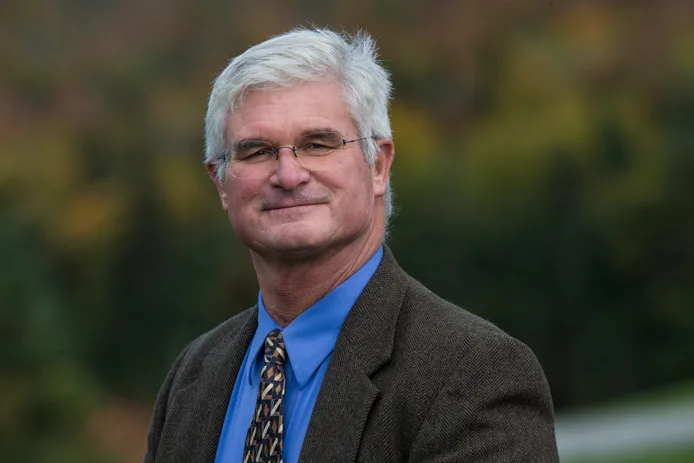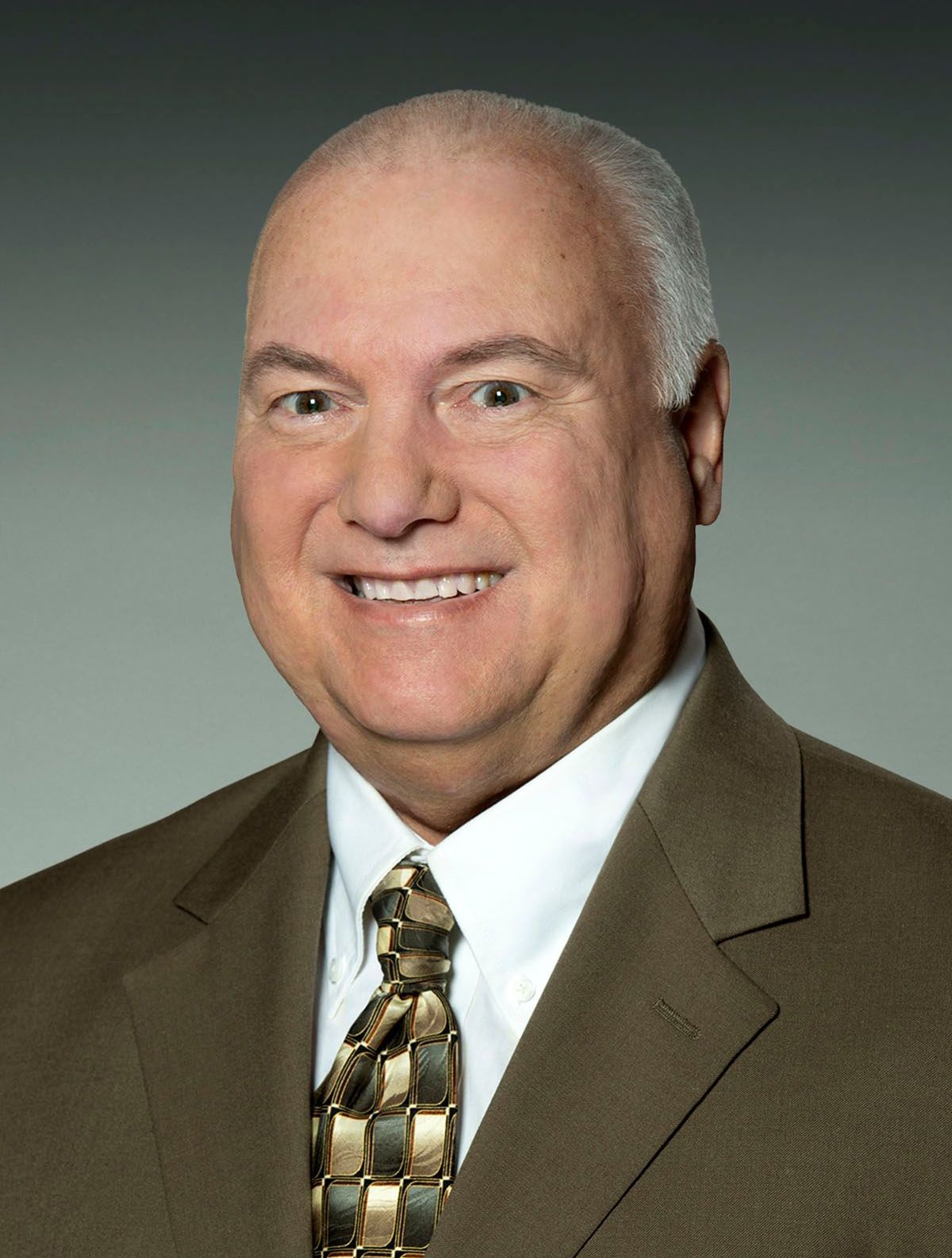On-Site Food Waste Management Technologies
August 27th, 2025 | 1:30 - 3:00 PM ET
This webinar will explore small-scale, on-site food waste management technologies, discussing in-vessel composting systems suitable for kitchens, schools, and institutions. The session will cover system options, operational considerations, and the benefits and challenges of managing compost on-site. Attendees will gain practical insights from real-world applications and learn what factors to consider when implementing these systems in their own communities or facilities.
Meet our Speakers:

Renee Panetta, Waste Reduction Consultant II, CET
Renee Panetta is a Waste Reduction Consultant II with CET, primarily focused on the “Rethink Food Waste NY” program. CET is a non-profit, with well over 100 employees and in operation for almost 50 years. CET serves 16 states, focusing on energy, waste prevention, and decarbonization work.
Renee is a NYSAR3 Board Member and is active on several committees. Renee has been involved in resource management and waste diversion for over 15 years and enjoys collaborating with stakeholders throughout the industry.
Prior to working with CET, Renee was a Recycling Coordinator with Guilderland Central School District and then for the City of Troy, NY.

John Culpepper, Co-Founder, Compost for Good
John Culpepper co-founded Compost for Good to help communities around the world upcycle all appropriate organic materials to: reduce greenhouse gas emissions; keep resources in local communities; create business opportunities; build healthy soils; sequester carbon; help solve water quality issues; and lower the cost of food and fiber production. John has worked in education, farming, facilities management, research and more. Recently John has been working in the ecological sanitation area, and has developed a safe and efficient high temperature composting regime to turn diverted human urine into a high value compost.

Rick Watson, CEO, Delaware Solid Waste Authority
Richard P. Watson P.E., BCEE, is the Chief Executive Officer of the Delaware Solid Waste Authority (DSWA). He leads the organization which is responsible for managing all municipal solid waste, recycling, household hazardous waste, electronic waste and other special waste programs for the entire State of Delaware. He joined DSWA in 1981 as a project engineer for Delaware’s first double lined sanitary landfill. Through the next 44 years he has overseen design, construction, and operation of solid waste projects, including landfills, transfer stations, landfill gas control systems, and a wide variety of recycling projects.
Mr. Watson has a B.S. Degree in Civil & Environmental Engineering from Clarkson University and a M.S. Degree in Civil Engineering from the University of Delaware. He has been a Professional Engineer in Delaware since 1983 and received his BCEE certification in 1996 from the American Academy of Environmental Engineers & Scientists. He has been an officer and/or member of several professional organizations including SWANA, ISWA, AAEES, ASCE, NSPE, WEF and NERC. He has served as Treasurer for NERC since 2017.

Jen Heaton-Jones, Executive Director, Housatonic Resource Recovery Authority
Jennifer Heaton-Jones is a leader in sustainable waste management and a driving force behind Connecticut’s residential organics evolution. As Executive Director of the HRRA, Jen launched the state’s first of its kind municipal food scraps curbside collection program in 2014, an innovative pilot that laid the groundwork for regional transformation. Under her leadership, the HRRA now operates nine municipal transfer station food scraps drop-off programs and twenty container satellite locations, empowering communities to actively participate in organics diversion. As a Certified Master Composter, Jen empowers residents to learn back-yard composting and provides workshops throughout the year.
In 2022, Jen spearheaded the development of Connecticut’s first permanent solar-powered aerated static pile (ASP) composting system, proving that municipalities can be self-sustaining in managing residential food scraps. Building on that success, the HRRA now oversees two municipal ASP composting systems and is currently constructing an in-vessel composting system in the northern part of the region.
Jen’s advocacy spans local, regional, and state levels, where she continues to champion comprehensive food scraps diversion programs and infrastructure investment. Her work exemplifies how municipalities can, and must, lead the charge in addressing Connecticut’s waste crisis through innovation, collaboration, and environmental stewardship.


